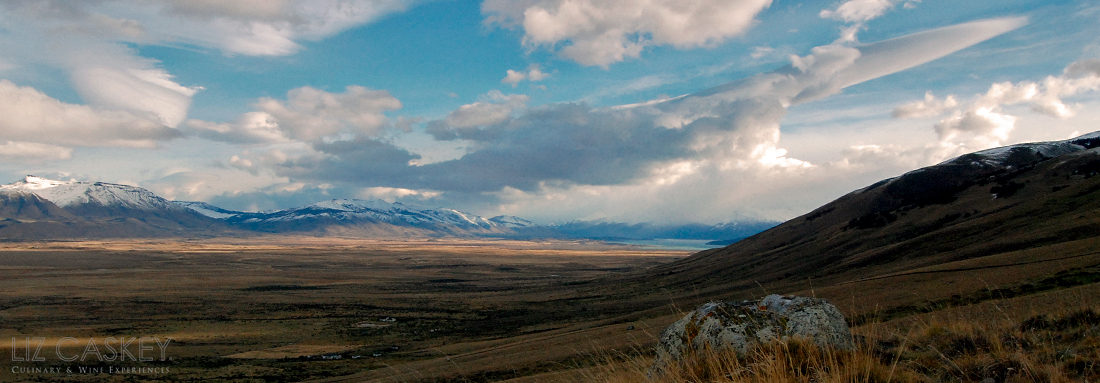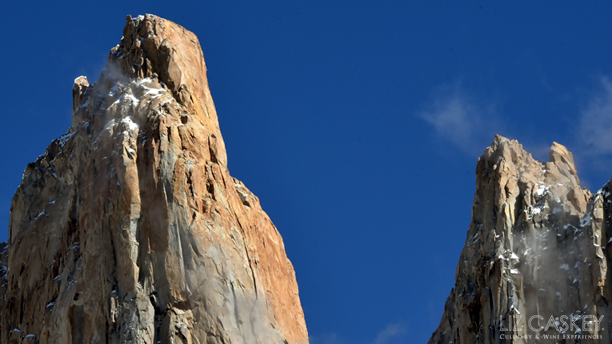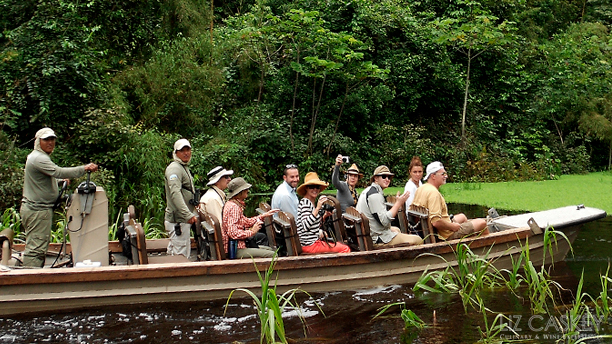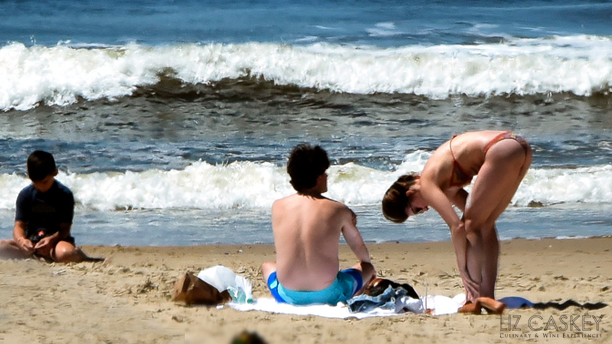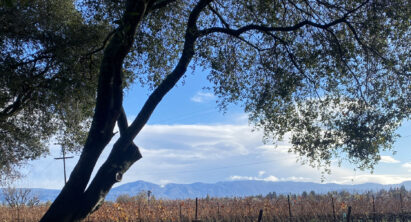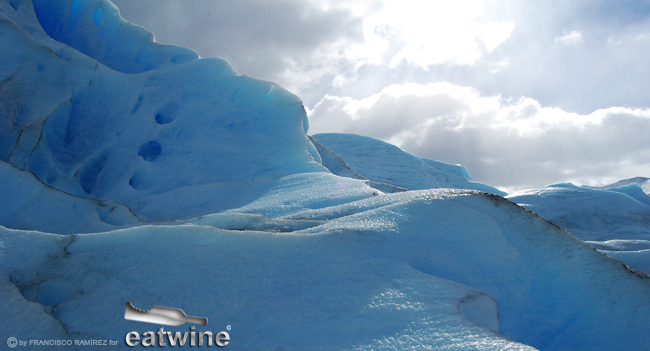 Water. The vital liquid that is abundant in nature, falling freely from the sky, belongs to everyone. Or it should be that way. We hope that some day that’s the case because at this time in Chile, it is apparently not at all. Actually, the water rights in this country are private property and can be sold, rented, or bought just like any other commodity, without much government regulation nor environmental protection. The “Water Code” created in 1981 was a law that allowed water to become private property under the constitutional guarantees in Article 24 of Chile’s constitution. At that time, it was declared a model example of efficiency in the free market. After becoming legal, this law gave the government the power to grant water rights, all free and “perpetually” with no end, to private parties. This simple but profound action has permitted those water rights be sold/rented without taking into account any considerations for their use. Today, the system is, quite simply, broken. Chile is at the beginning of a water war.
Water. The vital liquid that is abundant in nature, falling freely from the sky, belongs to everyone. Or it should be that way. We hope that some day that’s the case because at this time in Chile, it is apparently not at all. Actually, the water rights in this country are private property and can be sold, rented, or bought just like any other commodity, without much government regulation nor environmental protection. The “Water Code” created in 1981 was a law that allowed water to become private property under the constitutional guarantees in Article 24 of Chile’s constitution. At that time, it was declared a model example of efficiency in the free market. After becoming legal, this law gave the government the power to grant water rights, all free and “perpetually” with no end, to private parties. This simple but profound action has permitted those water rights be sold/rented without taking into account any considerations for their use. Today, the system is, quite simply, broken. Chile is at the beginning of a water war.
First, we have to start with the basic idea that fresh water (not salt water) is a vital element for the human body given our bodies are more than 50% water. We die, quickly, when deprived of water. As a resource on this planet, fresh water is usually provided constantly thanks to the ongoing cycle of evaporation from the ocean and plants pumping humidity and oxygen into the air. Chile, for example, is an oasis that is maintained because of the glaciers in the Andes and the cold Humboldt Current generating cloud cover, which feeds the coast with humidity from its condensation. This is all a way of saying that fresh water is part of nature. It seems completely absurd to declare a “right” to fresh water and apply economic conditions to its use. What’s next? The air we breathe?
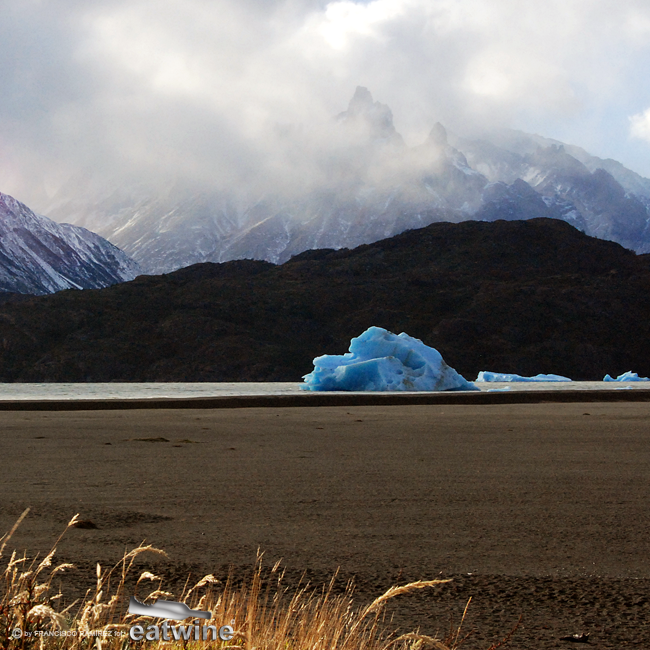 But today in Chile, there’s a precarious water balance thanks to the booming (foreign) mining industry. Many of these companies are not Chilean nor are they obligated to return to Chile what they use and extract—water included. Huge agro-exporters also irrigate acres and acres of fields for fruit that will be exported to feed the rest of the world, not Chileans, using that precious, limited fresh water run off which every year is diminished in the increasingly arid Central Valley. The big problem then is how the Chilean nation can allow this development to continue as its water decreases over time—and quickly I may add.
But today in Chile, there’s a precarious water balance thanks to the booming (foreign) mining industry. Many of these companies are not Chilean nor are they obligated to return to Chile what they use and extract—water included. Huge agro-exporters also irrigate acres and acres of fields for fruit that will be exported to feed the rest of the world, not Chileans, using that precious, limited fresh water run off which every year is diminished in the increasingly arid Central Valley. The big problem then is how the Chilean nation can allow this development to continue as its water decreases over time—and quickly I may add.
To highlight this point, there are a couple wars happening over water in Chile. They are not minor instances although often the true consequences do not become apparent for years to come.
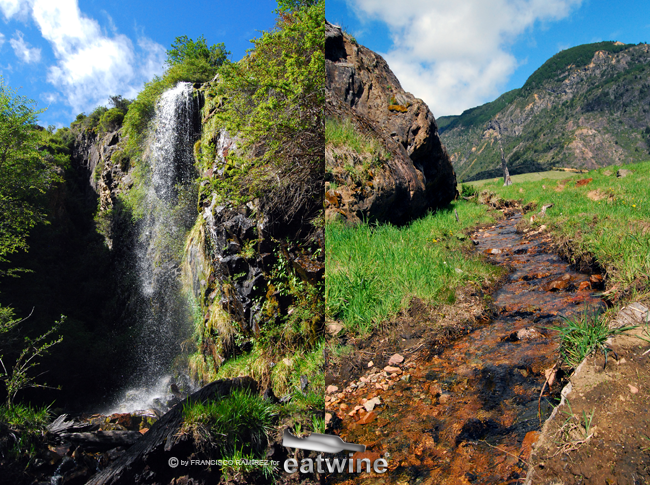 For example, in Talca, agricultural workers protested the agreement between the Spanish energy giant Endesa and the Chilean government’s Water Works department (Dirección de Obras Hidráulicas/DOH). This agreement would allow this foreign enterprise to extract water from the Laguna del Maule, the main water source in the region, for its different energy projects. What this really means is that both the control of the water and regulation would be managed by a private, foreign company. This is a huge concern since this water resource is utilized by those who depend on the agriculture in the Maule for their living and well-being. Even if the future construction of the Los Cóndores electricity station generates 150MW, it must also be considered that the Laguna del Maule also permits more than 13,000 agricultural workers to irrigate their land. This is equivalent to 500,000 acres or about 20% of the total irrigated land area in Chile. This supports the lives of more than 400,000 Chileans. How did this project get put into the hands of a foreign company with no governmental regulation nor control whatsoever?
For example, in Talca, agricultural workers protested the agreement between the Spanish energy giant Endesa and the Chilean government’s Water Works department (Dirección de Obras Hidráulicas/DOH). This agreement would allow this foreign enterprise to extract water from the Laguna del Maule, the main water source in the region, for its different energy projects. What this really means is that both the control of the water and regulation would be managed by a private, foreign company. This is a huge concern since this water resource is utilized by those who depend on the agriculture in the Maule for their living and well-being. Even if the future construction of the Los Cóndores electricity station generates 150MW, it must also be considered that the Laguna del Maule also permits more than 13,000 agricultural workers to irrigate their land. This is equivalent to 500,000 acres or about 20% of the total irrigated land area in Chile. This supports the lives of more than 400,000 Chileans. How did this project get put into the hands of a foreign company with no governmental regulation nor control whatsoever?
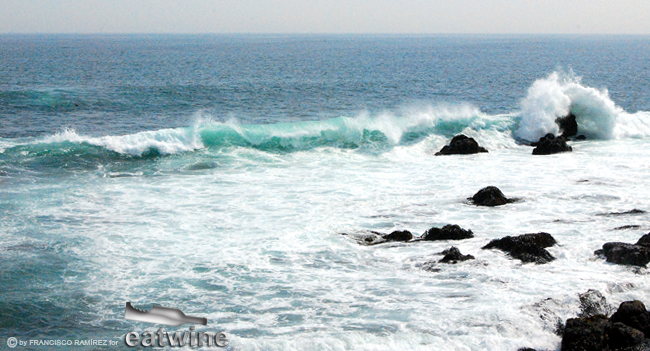 Another example in the north, in the Huasco Valley, is Barrick Gold. This Canadian gold mining company perforated the glaciers, which feed the valley below, causing an environmental crisis which ultimately reduced the size of the glaciers and water flow by more than 50%. These glacial waters sustain agriculture in the valley. In Copiapo, now a huge mining zone, there used to exist a community of small farmers and growers. These agricultural workers now must compete with large mining companies for said water, forcing many to leave the area since there’s simply not enough water for both industries.
Another example in the north, in the Huasco Valley, is Barrick Gold. This Canadian gold mining company perforated the glaciers, which feed the valley below, causing an environmental crisis which ultimately reduced the size of the glaciers and water flow by more than 50%. These glacial waters sustain agriculture in the valley. In Copiapo, now a huge mining zone, there used to exist a community of small farmers and growers. These agricultural workers now must compete with large mining companies for said water, forcing many to leave the area since there’s simply not enough water for both industries.
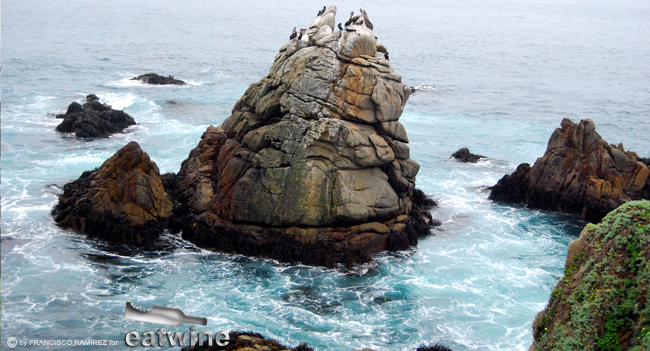 More than a water war between the small agricultural growers (including many wineries) and the big (foreign) mining companies, the government needs to intervene with laws that control its usage and put fresh water back into the hands of Chileans. The companies that diminish and contaminate fresh water should not only be fined heavily, their concession/license should be terminated immediately and the industry closed. There’s no amount of fines that can recover nature after the fact—that glacier is gone. Those lives won’t come back. That is prevented before, not after, and the price is too high to pay. If Chile wants to continue to keep this rich and beautiful country as its home, the only solution is to keep control of its water and protect it—NOW!
More than a water war between the small agricultural growers (including many wineries) and the big (foreign) mining companies, the government needs to intervene with laws that control its usage and put fresh water back into the hands of Chileans. The companies that diminish and contaminate fresh water should not only be fined heavily, their concession/license should be terminated immediately and the industry closed. There’s no amount of fines that can recover nature after the fact—that glacier is gone. Those lives won’t come back. That is prevented before, not after, and the price is too high to pay. If Chile wants to continue to keep this rich and beautiful country as its home, the only solution is to keep control of its water and protect it—NOW!
Written as column for Revista Placeres in January 2014. All opinions stated belong exclusively to the author.
